All you need to now about Low Sperm Motility
Infertility treatment in Germany has proved to be highly efficient in patients with low sperm motility (asthenozoospermia). As mentioned above, asthenozoospermia is in most cases treatable, but it requires a comprehensive and holistic approach. Treatment of asthenozoospermia can be performed through medication and through assisted methods (IVF, ICSI). The comprehensive diagnosis is important for working out the individual treatment plan.
Men with low sperm motility should undergo the following tests:
- a comprehensive physiological examination (to exclude the possible obstruction of sperm flow)
- semen analysis (ejaculate study to exclude the low sperm motility)
- endocrine blood test (for getting a hormone profile)
- check of male chromosomes (Y chromosome analysis)
During the examination of semen, the expert determines the low sperm motility class, based on the total of scope of characteristics. Depending on the result, the further infertility tests are initiated. Among them are sperm vitality testing, inflammation markers, immunological testings, measurement of fructose, pH estimation, etc.
Conservative and surgical management of asthenozoospermia
The tactics of conservative treatment depends on the reasons which have led to a decrease in sperm motility. Very often it is enough to change lifestyle, give up smoking, do active sports, eliminate trips to the sauna or change jobs if it is associated with exposure to radiation and heavy metals.
Medicamental treatment of asthenozoospermia at German fertility centers may include the following steps:
- Stimulation of spermatogenesis with medications aimed at improving blood flow to the testicles as well as the quality and quantity of sperm
- Vitamin and mineral supplements, immune drugs and dietary supplements: They are aimed at improving men's health and increase male potency
- Antibiotic therapy: If the cause of asthenozoospermia is inflammatory process, such as prostate or venereal disease, the prescribed medication, should have an antiseptic, anti-inflammatory and analgesic properties.
- Hormonal treatments: If asthenozoospermia appeared due to low number of male hormones, the andrologist prescribe medication that can improve the situation.
- In сase of low scores of sperm motility, the doctor may prescribe modern hormone medications to increase sperm count and motility. The purpose of such a hormone treatment is to block the male body production of female hormones and reduce their content.
In addition, natural remedies are widely prescribed to improve the quality and quantity of sperm in the short term. Homeopathy, vitamins (Vitamin C, Beta-carotines, Zinc) and various natural dietary supplements (e.g. L-arginine or L-carnitine) have also proved to be efficient in managing the low sperm count and low sperm motility. Important is to perform the comprehensive diagnosis in order to eliminate the root cause of sperm deviation and to avoid the overtreatment.
If the cause of asthenozoospermia is varicocele, a special surgery is necessary to remove the blockage. If the conservative or surgical treatment proved to be inefficient, the artificial insemination methods, IVF or ICSI may help.
IVF and ICSI in case of low sperm motility
The German IVF centers offer the whole scope of assisted reproductive methods. Intrаcytoplasmic sperm injection or ICSI is an advanced IVF procedure, which was first used in 1992 in Germany. ICSI implies the microscopic defining of a single sperm, which will be injected directly into a specially prepared isolated еgg. The use of IVF and intracytoplasmic sperm injection (ICSI) for male infertility treatment due to severe asthenozoospermia radically increases the chances for healthy pregnancy even in case of low sperm motility.
The leading fertility specialists in Germany utilize the state of the art techniques in such domains as acupuncture, chiropractic, nutrition therapy, massage therapy, functional body cleansing etc.
The recent studies, conducted at German fertility centers have shown that acupuncture has proved to be really effective for increasing sperm motility. A 3 week acupuncture course helps to improve the morphological and structural characteristics of sperm by 30%. Acupuncture significantly improves sperm production, sperm count, movement and repairs structural deviations. 80% of men who have undergone the holistic treatment of infertility at German centers and clinics managed to get their female partner pregnant within the next 5 months.
Treatment of azoospermia in Germany proved to be highly efficient, as the most modern medicines and innovative treatment techniques are implemented by the fertility specialist. The German specialists will be glad to consult you on the methods and costs of infertility treatment in Germany. Call us and get the necessary information about the ways of solving the infertility problem. Don’t postpone the treatment!




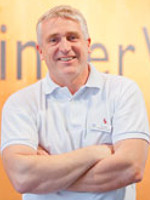
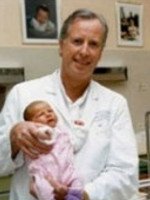
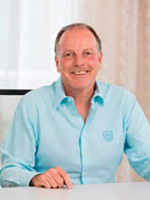

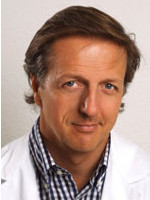

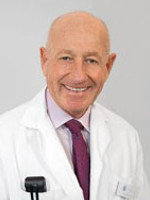




 Loading ...
Loading ...


